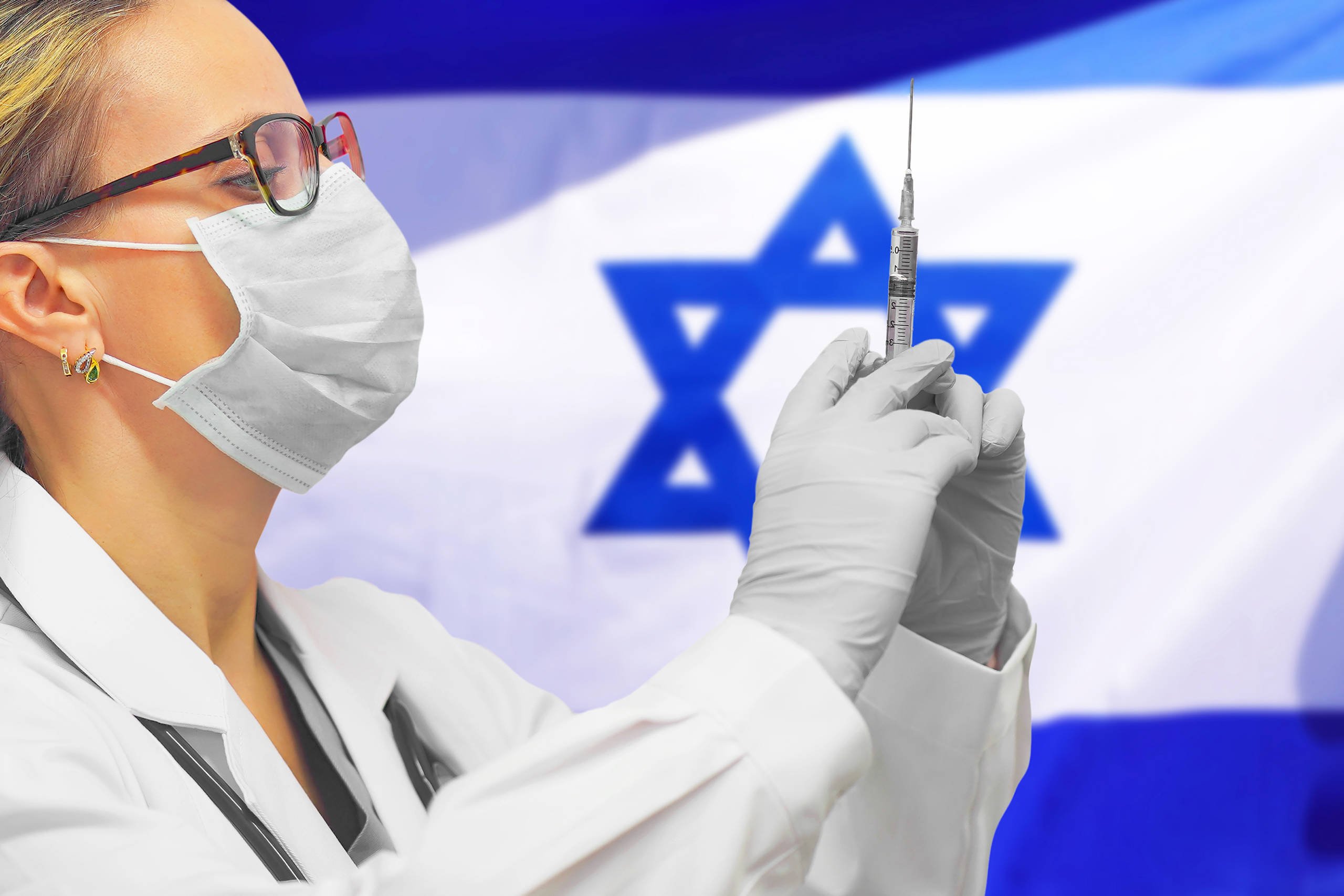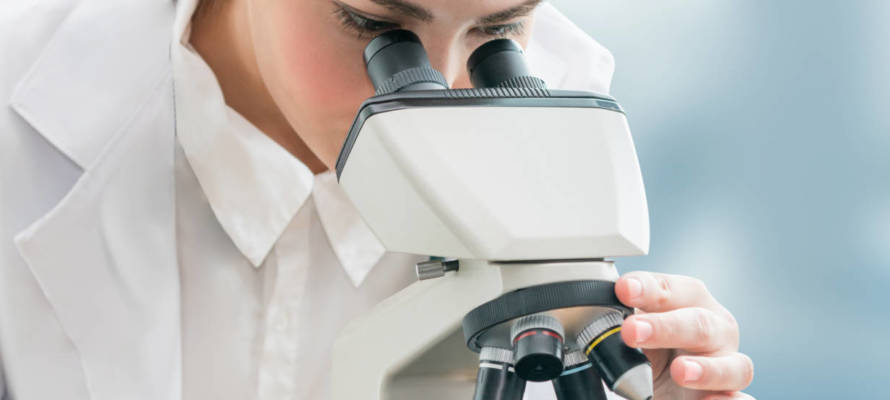Israeli researchers hope their genetic discoveries related the cerebellum and autism will lead to new therapies in the future.
By TPS
Scientists at the Hebrew University in Jerusalem have identified a genetic mutation associated with autism, offering hope for new autism medications.
In recent years, substantial research has discovered the effect of genetic mutations on the development of autism and other neurodevelopmental disorders.
Based on those studies, researchers have focused attention on the commonalities behind those mutations and how they impact the functioning of the brain.
A study conducted by Professor Sagiv Shifman from the Life Sciences Institute at the Hebrew University of Jerusalem and the Center for Autism Research has found that genes associated with autism tend to be involved in the regulation of other genes and operate preferentially in three areas of the brain: the cortex, the striatum, and the cerebellum.
The cerebellum is responsible for motor function, and recent findings have indicated that it also contributes to the development of many social and cognitive functions. Based on these findings, the research team is hopeful this can lead to a better understanding of the relation between the cerebellum and autism and even lead to new therapies in the future.
The research study published in Nature Communications tested one of the most prominent genes associated with autism, Pogz.
Shifman chose this specific gene based on prior findings that link it to developmental disorders and overly friendly behavior in some patients on the autism spectrum.
In partnership with Professor Yosef Yarom from the Edmond & Lily Safra Center for Brain Sciences at Hebrew University and other laboratories around the world, the research team investigated how a mutation in the Pogz gene impacted on brain development in mice and specifically on the functioning of the cerebellum.
The findings concluded that the mutation led to hyper-social behavior, learning disabilities while also impacting the physical development of the mice.
Upon further investigation, the research team also observed that the genetic mutation affected the proliferation of cells in the brain and inhibited the production of new neurons. The researchers believe that this may be a reason why some children with the mutation exhibit smaller than average head sizes.
While there are currently no effective medicines for the main symptoms of autism, Professor Yarom believes that this research could be instrumental in developing drugs to directly changing the neural processes in the cerebellum.
Previous research conducted by Professor Yarom showed that specific chemical agents could change the active functioning of the cerebellum. Ongoing research will therefore be focused on whether similar approaches could lead the lab mice to change their behavior and reverse the effects connected with the mutation.
“Our work with this specific gene that we know is connected to autism and significantly impacts on the functioning of the brain provides us with considerable hope that we will be able to develop medicines to assist children with autism,” Professor Shifman said.
Professor Yarom added that “enhanced understanding of the neurological processes behind autism opens up hope-filled possibilities for new treatments.”

HELP ISRAELIS BATTLE CORONA!
Donate to the Corona Emergency Relief Fund. Coronavirus has taken a huge toll on the people of Israel. The poor, elderly and ill are most vulnerable.
Israeli soldiers, security officers and medical care providers operate under great danger and risk to life.
Over 1 million Israelis are out of work. Many cannot make ends meet. We provide financial aid, food, medical supplies and more. Funds are distributed where needed most. The time to act is now!
United with Israel extends a special note of appreciation to the Genesis Prize for their generous support.
Do You Love Israel? Make a Donation - Show Your Support!
Donate to vital charities that help protect Israeli citizens and inspire millions around the world to support Israel too!
Now more than ever, Israel needs your help to fight and win the war -- including on the battlefield of public opinion.
Antisemitism, anti-Israel bias and boycotts are out of control. Israel's enemies are inciting terror and violence against innocent Israelis and Jews around the world. Help us fight back!




